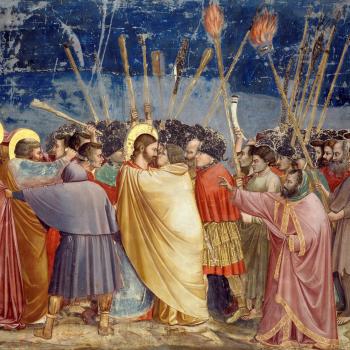that is right where we are wrong:
We do not really want a religion that is right where we are right. What we want is a religion that is right where we are wrong. In these current fashions it is not really a question of the religion allowing us liberty; but (at the best) of the liberty allowing us a religion. These people merely take the modern mood, with much in it that is amiable and much that is anarchical and much that is merely dull and obvious, and then require any creed to be cut down to fit that mood. But the mood would exist even without the creed. They say they want a religion to be social, when they would be social without any religion. They say they want a religion to be practical, when they would be practical without any religion. They say they want a religion acceptable to science, when they would accept the science even if they did not accept the religion. They say they want a religion like this because they are like this already. They say they want it, when they mean that they could do without it.
It is a very different matter when a religion, in the real sense of a binding thing, binds men to their morality when it is not identical with their mood. It is very different when some of the saints preached social reconciliation to fierce and raging factions who could hardly bear the sight of each others’ faces. It was a very different thing when charity was preached to pagans who really did not believe in it; just as it is a very different thing now, when chastity is preached to new pagans who do not believe in it. It is in those cases that we get the real grapple of religion; and it is in those cases that we get the peculiar and solitary triumph of the Catholic faith. It is not in merely being right when we are right, as in being cheerful or hopeful or humane. It is in having been right when we were wrong, and in the fact coming back upon us afterwards like a boomerang. One word that tells us what we do not know outweighs a thousand words that tell us what we do know. And the thing is all the more striking if we not only did not know it but could not believe it. It may seem a paradox to say that the truth teaches us more by the words we reject than by the words we receive. – G.K. Chesterton, The Catholic Church and Conversion











